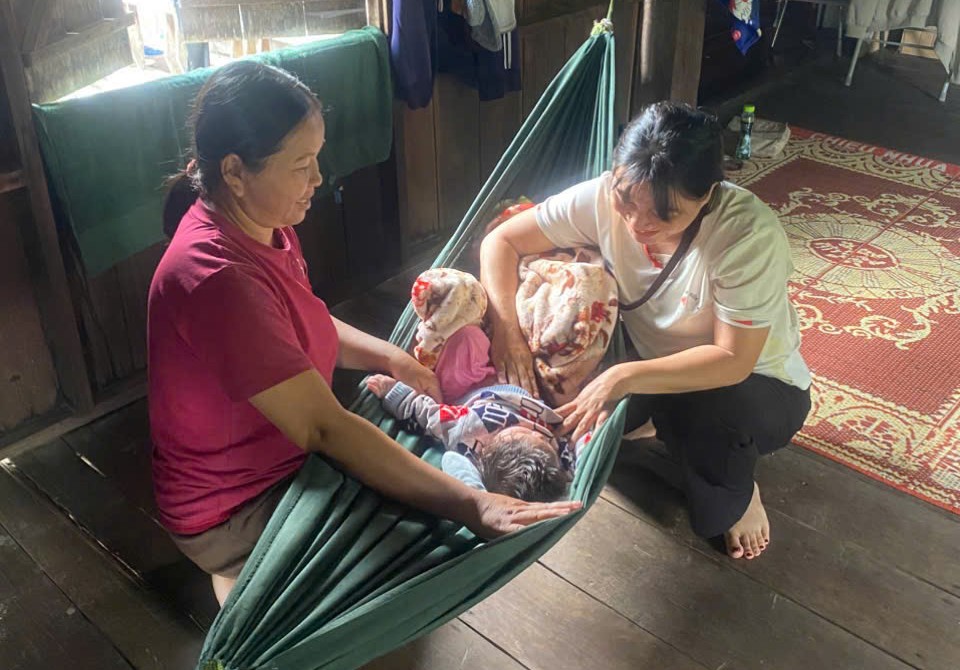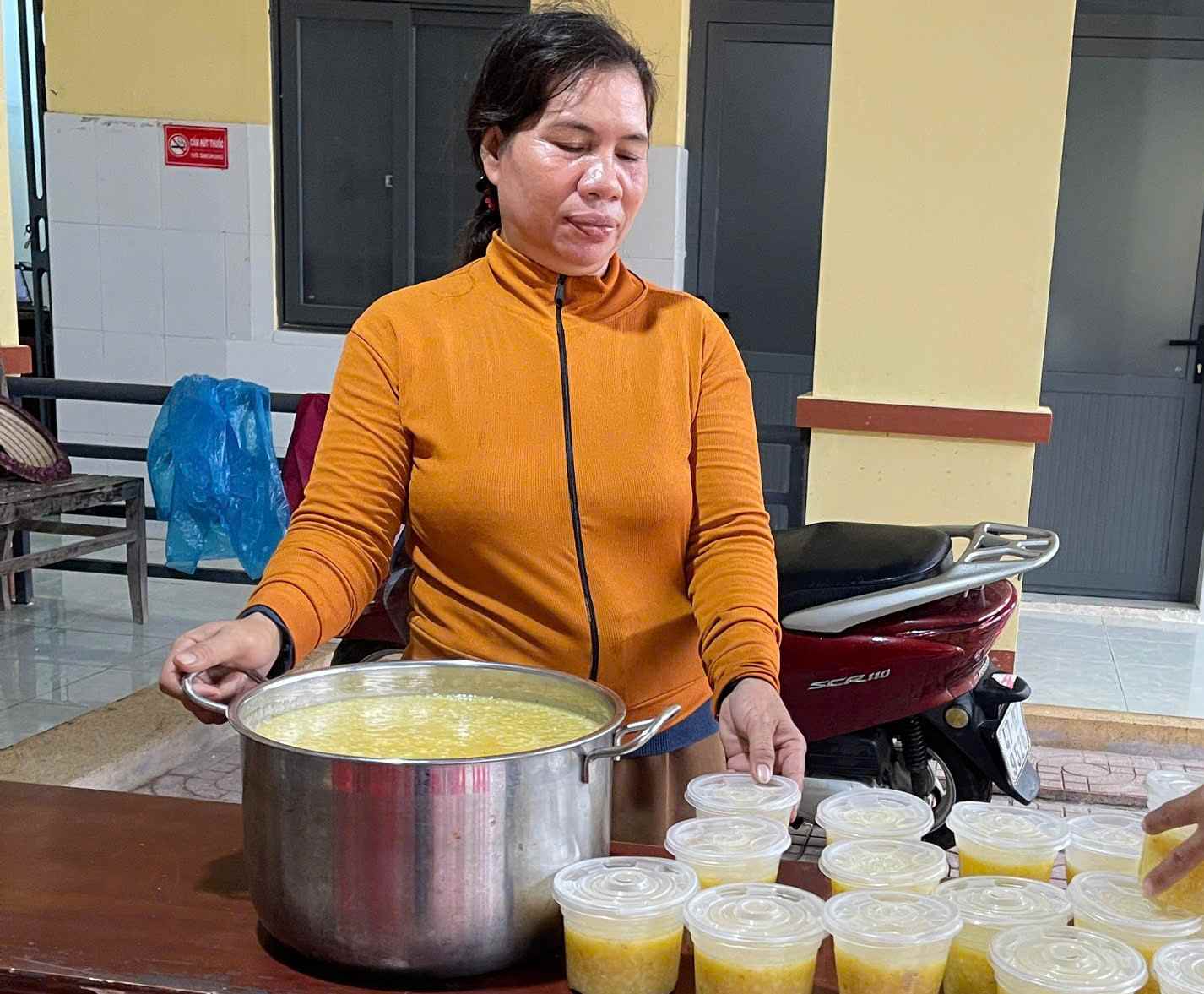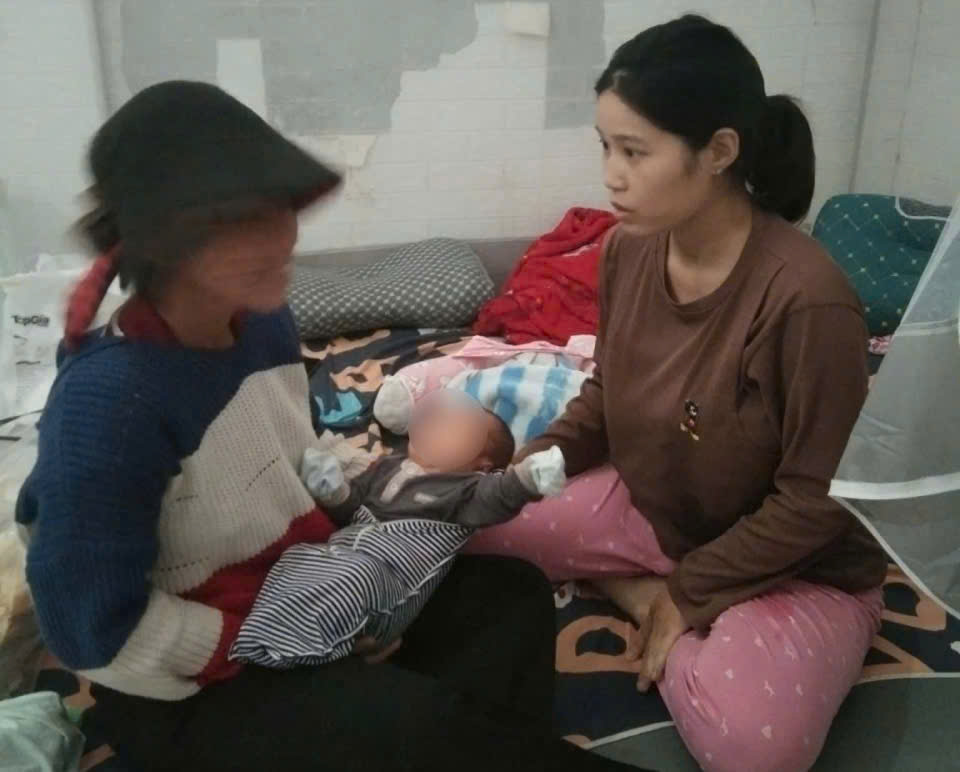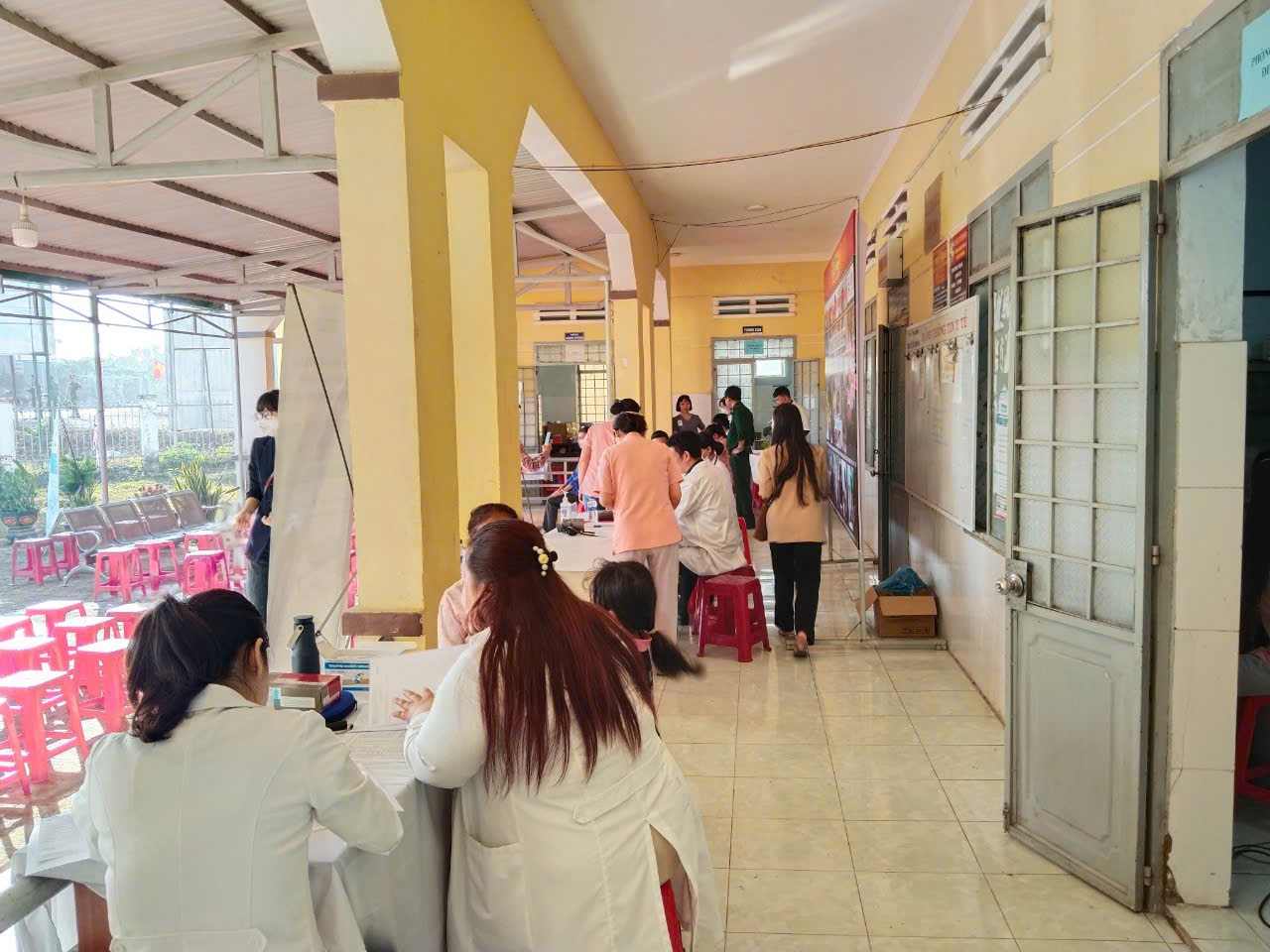Changing the mindset of women
Buon Don commune (Dak Lak) has more than 70% of the population being ethnic minorities. In many remote villages and hamlets, reproductive health care for women previously mainly relied on oral health care experiences from families and the community.
A part of the people still maintain outdated customs, causing many newborns to be malnourished, while women's health is not guaranteed.

Recognizing this situation, in recent years, commune health stations have implemented many new approach models, persistently changing the mindset of reproductive health care for women, especially in areas with a large population of population of Yen De and Laos.
The most obvious change is the habit of getting a check-up. Previously, most women only went to the station when they were about to give birth or had complications, now the majority proactively have early pregnancy check-ups.
The rate of women having at least three check-ups during pregnancy has increased significantly, while the number of cases of giving birth at home - which is inherently risky - has decreased sharply thanks to health stations coordinating with prestigious people, village heads and villagers to encourage birth at medical facilities.

Ms. Ho Thi Hong, an employee of the Buon Don Commune Health Station, shared: To change awareness, the habit of eating deep into the subconscious of the people is quite difficult. The medical staff must rely on prestigious people in the area to propagate, persuade, and repeat continuously to achieve initial results".
At the same time, grassroots health care forces also raise awareness and change the behavior of ethnic minority communities in preventing Thalassemia - a genetic disease that causes chronic anemia and serious complications due to the deficiency of globin chain synthesis in red blood cells.

Building a healthy generation of women and children
Buon Don Commune Health Station currently has 7 officers and employees. Of which, 5 people are ethnic minorities, creating great convenience in implementing medical examination and treatment for people in remote areas.
The commune also has 8 health collaborators spread across villages and hamlets and 9 population collaborators. An important factor that helps health stations change people's practices is the professional capacity of doctors and nurses.
They are continuously trained in obstetrics and gynecology, nutrition, maternal and child care, helping to handle situations and provide accurate advice. The dedication of medical staff also strengthens the people's trust.

Mr. Y Nham Nie, Head of the Buon Don Commune Health Station, said that in the coming time, the unit will continue to coordinate with competent authorities to effectively implement the national target program.
In particular, organizing propaganda, training, health education, nutritional support, improving pregnancy care skills and raising children".
With the synchronous participation, the journey to change the mindset and practice of reproductive health care in ethnic minority areas is becoming increasingly clear, contributing to building a healthy generation of women and children for more comprehensive development, Mr. Y Nham emphasized.












